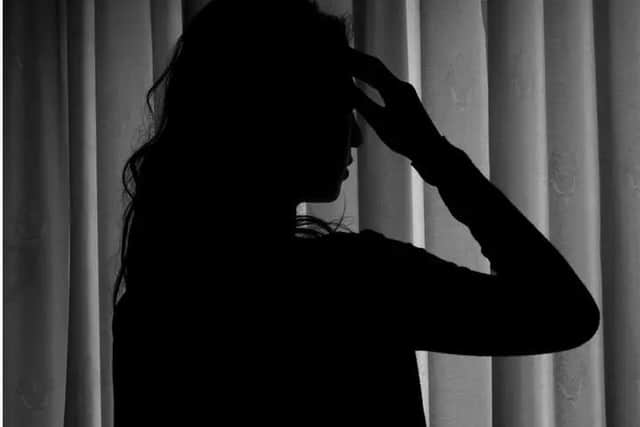More than 100 modern slavery victims referred to police
and live on Freeview channel 276
Modern slavery cases soared nationally last year, with the identification of thousands of potential victims meaning referrals for support in 2021 were the highest on record.
But police chiefs said the data is unlikely to show the true scale of modern slavery and trafficking in the UK and that there is "more to be done" to tackle the issue.
Advertisement
Hide AdAdvertisement
Hide AdHome Office data shows 122 potential cases of modern slavery were flagged to Lancashire Constabulary last year– and at least 50 (41%) of all referrals last year involved child victims.


Where a form of exploitation was recorded, the figures show 21 referrals were linked to labour related exploitation, four sexual and 27 criminal, such as "county lines" activity.
Overall, the number of referrals decreased by 20%, from 153 in 2020.
Across the UK, more than 12,000 potential victims were referred to police last year – up 20% from 10,600 in 2020 and the highest number recorded since the Government's National Referral Mechanism was introduced in 2009.
Advertisement
Hide AdAdvertisement
Hide AdNationally, labour exploitation was most common among adult victims while criminal exploitation, including an increase in "county lines" cases, led to most child-related referrals.
The National Police Chiefs' Council lead for modern slavery, Chief Constable Shaun Sawyer, linked increased referrals nationally to greater awareness, understanding and reporting of the issue.
He said thousands of officers were trained to investigate the issue, adding that forces worked with national and local authorities and specialist organisations to support victims and bring offenders to justice.
But anti-slavery charity Unseen say the figures vastly underestimate the problem and called for more to be done to disrupt growing demand for the exploitative practice.
Advertisement
Hide AdAdvertisement
Hide AdThe charity's CEO Andrew Wallis said the impact of modern slavery – whether financial, sexual or criminal – can leave victims with life-long trauma, horrific physical injuries and a long journey to recovery.
Calling for more to be done to protect vulnerable people from exploitative predators, he urged people to recognise signs of modern slavery and report any suspicions.
